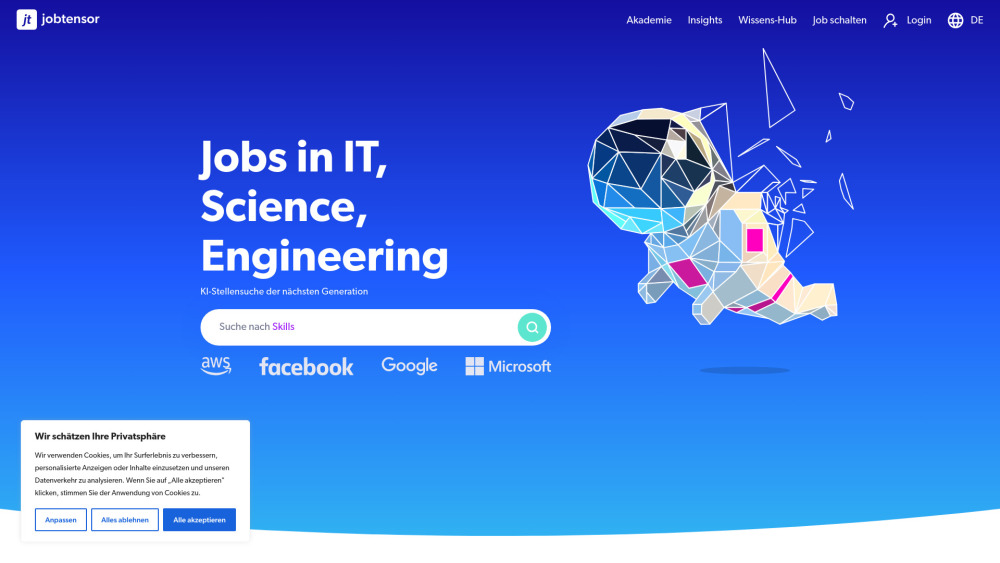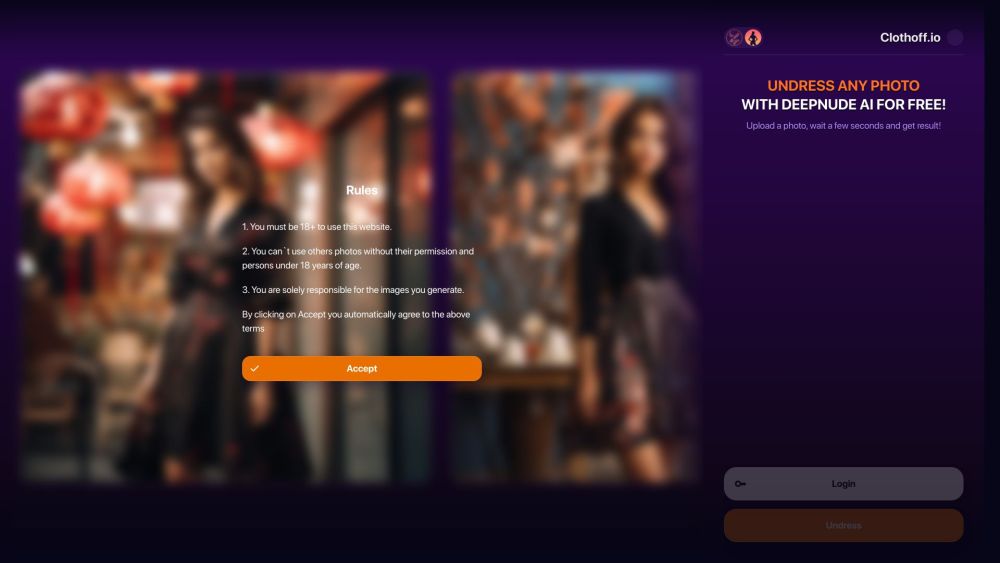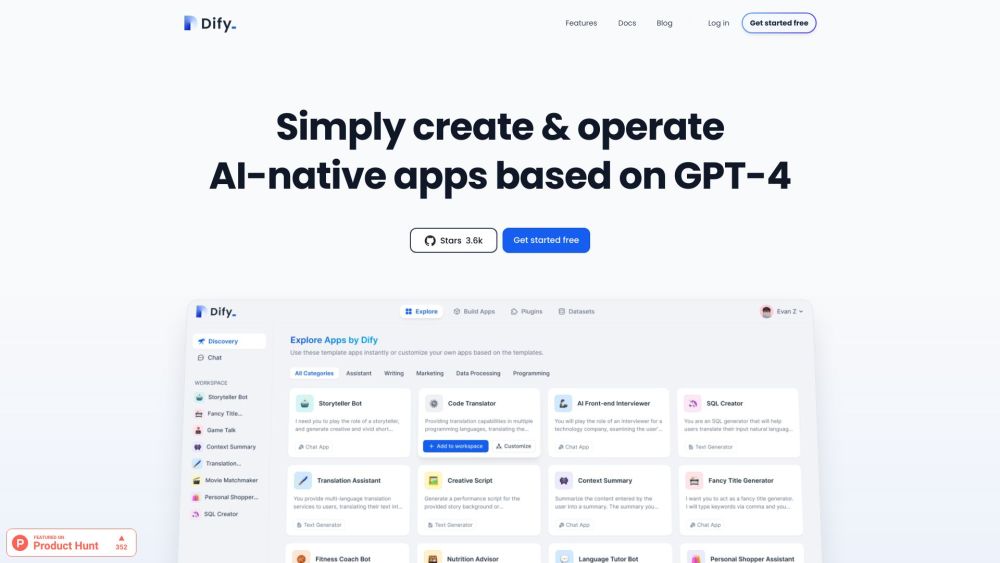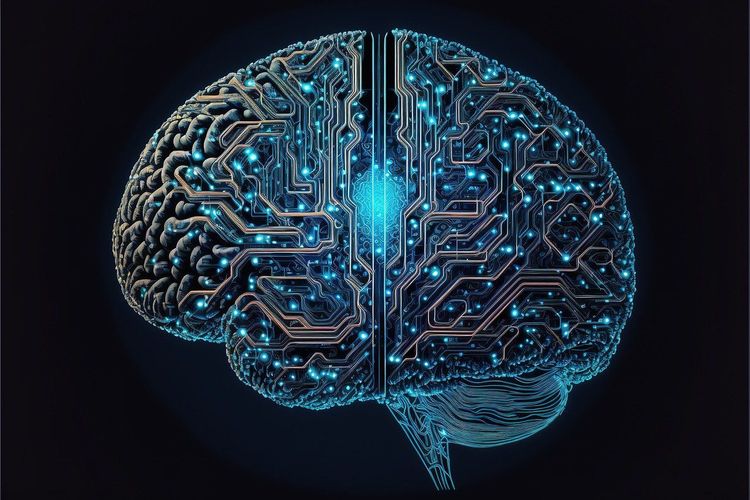The drama at OpenAI has quieted, but the situation remains unresolved as key players continue to make strategic moves.
Recent reports from Bloomberg indicate that former CEO Sam Altman is actively negotiating his return with the board of directors, including Adam D’Angelo, Quora’s CEO. Meanwhile, interim CEO Emmett Shear is reportedly considering resignation unless the board clarifies the reasons behind Altman's dismissal.
The leadership turmoil began Friday with Altman’s abrupt termination over accusations of failing to be "consistently candid." While the board has largely remained silent, OpenAI's chief scientist, Ilya Sutskever, expressed regret via a tweet regarding his involvement in Altman's ouster.
Also removed from the board was President Greg Brockman, which intensified speculation about Altman's alleged secrets and prompted lobbying for his reinstatement. Many employees threatened to quit if Altman wasn't restored, highlighting his crucial role in the organization.
Despite his sudden removal, Altman may be on the verge of returning. Influential figures, including Microsoft’s CEO Satya Nadella, have reportedly intervened on his behalf, offering roles to all OpenAI employees dissatisfied with the board's decision.
As the tech world watches, the future of Altman remains uncertain following this boardroom coup.
Legal Challenges Loom
By Tuesday morning, the potential legal ramifications of the board’s decision became evident. Outrage among investors has sparked discussions of legal actions against the board. This drastic move threatens the future of OpenAI, jeopardizing significant investments in what was seen as a leader in the generative AI sector.
With over 700 OpenAI employees threatening mass resignations, investors are concerned about potentially losing hundreds of millions of dollars. However, recourse may be limited due to OpenAI's unique nonprofit structure, which grants ultimate control to the nonprofit parent organization.
Experts note that investors could face challenges in mounting a legal case, as companies have substantial discretion regarding business decisions. Furthermore, nonprofit boards enjoy more flexible obligations compared to for-profit ones. While the dismissal of a visionary founder is striking, it has occurred before, such as when Apple let go of Steve Jobs.
Ultimately, OpenAI's structure may function more as a safeguard, allowing it to maintain its mission and oversight despite the tumultuous leadership changes.
Ongoing Copyright Lawsuits
Additional complications arise from ongoing legal actions against OpenAI regarding the use of copyrighted materials for training its foundation models. Earlier this year, OpenAI moved to dismiss claims in two copyright lawsuits initiated by Sarah Silverman and other authors. The company contends that its large language models represent transformative technologies, though plaintiffs disagree.
As of Tuesday, a new class-action lawsuit has been filed in the Southern District of New York against both OpenAI and Microsoft, alleging copyright violations by non-fiction authors.
The ongoing lawsuits may be influenced if OpenAI falters. The nonprofit organization’s control and broad discretion in dismissing founders could serve as strong defenses. The legal landscape remains uncertain, hinging on how events develop and their specific implications.
Employee Opportunities in Tech
In addition to offers from Microsoft, OpenAI employees are receiving public invitations for equivalent roles at other leading tech firms. Salesforce CEO Marc Benioff announced that his company would match any OpenAI researcher's compensation package to join the Salesforce Einstein Trusted AI research team.
Despite skepticism from some on social media, Benioff's offer highlights the competitive landscape for tech talent. He also assured employees on H1B visas that Salesforce would support their immigration status.
Uncertain Future for OpenAI
In interviews with CNBC and Bloomberg, Microsoft CEO Satya Nadella left the future of OpenAI’s leadership and its employees' migration open-ended, indicating that it depends on the decisions made by OpenAI’s board and staff. Nadella underlined the necessity for governance changes within OpenAI, stressing the need for transparency and communication to prevent further surprises. When asked about OpenAI's next CEO, he playfully redirected the question back to OpenAI and its board, underscoring the uncertainty ahead.





